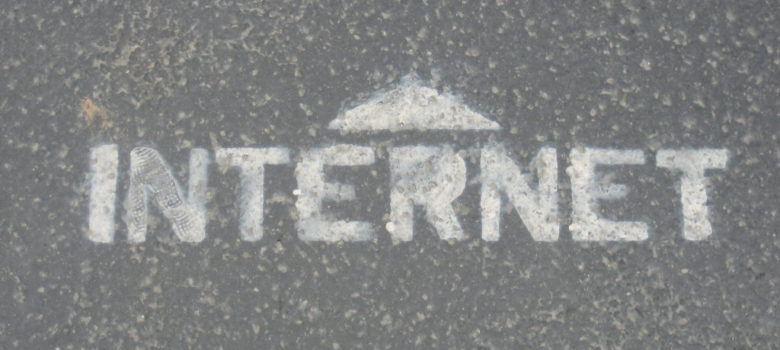The federal government yesterday released its response to the Standing Committee on Canadian Heritage report on local media released last June. The most controversial recommendation in that report – one swiftly rejected by Prime Minister Trudeau – was a call for a new Internet tax to help fund Canadian media and the creation of Cancon. As I wrote at the time, the proposal is a terrible idea that runs counter to important policy objectives of fostering affordable network access for all Canadians.
The government response, signed by Ministers Joly, Bains, and Morneau, rightly notes that “access to affordable broadband Internet, particularly in rural and remote regions, is essential to the participation of the Canadians in the digital economy.” In light of this policy priority, the government firmly rejects the Internet tax proposal, grounding its decision in the principle of affordable access:
The Committee’s recommendation to generate revenue by expanding broadcast distribution levies so that they apply to broadband distribution would conflict with the principle of affordable access. The open Internet has been a powerful enabler of innovation, driving economic growth, entrepreneurship, and social change in Canada and around the world. The future prosperity of Canadians depends on access to an open Internet where Canadians have the power to freely innovative, communicate, and access the content of their choice in accordance with Canadian laws. Therefore, the Government does not intend to expand the current levy on broadcast distribution undertakings.
Not only is this statement a clear rejection of an Internet tax, but it also provides the strongest endorsement of net neutrality to date, leaving no doubt the government supports policies to ensure that Canadians – not providers or governments – get to choose what content they access online.







